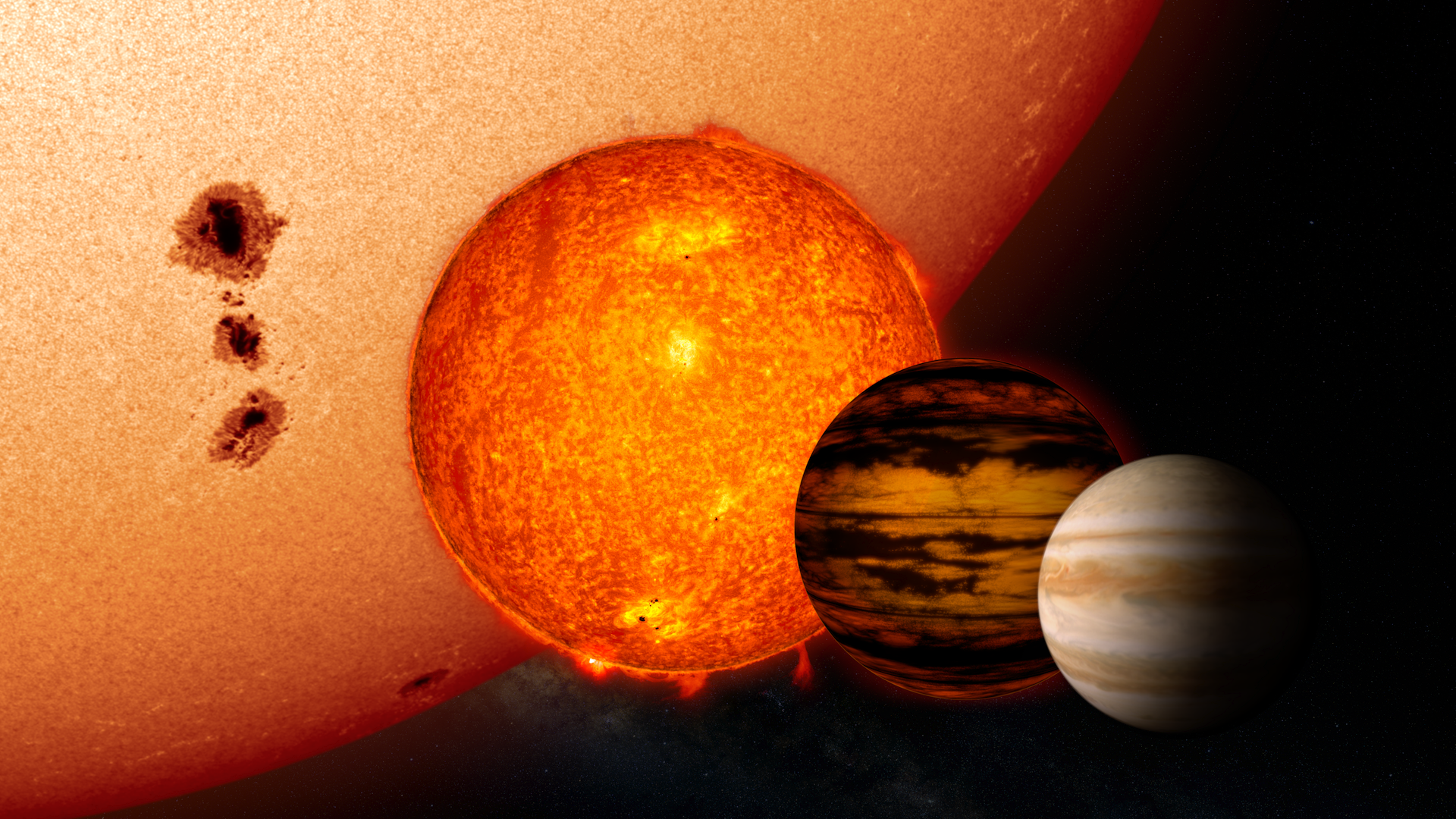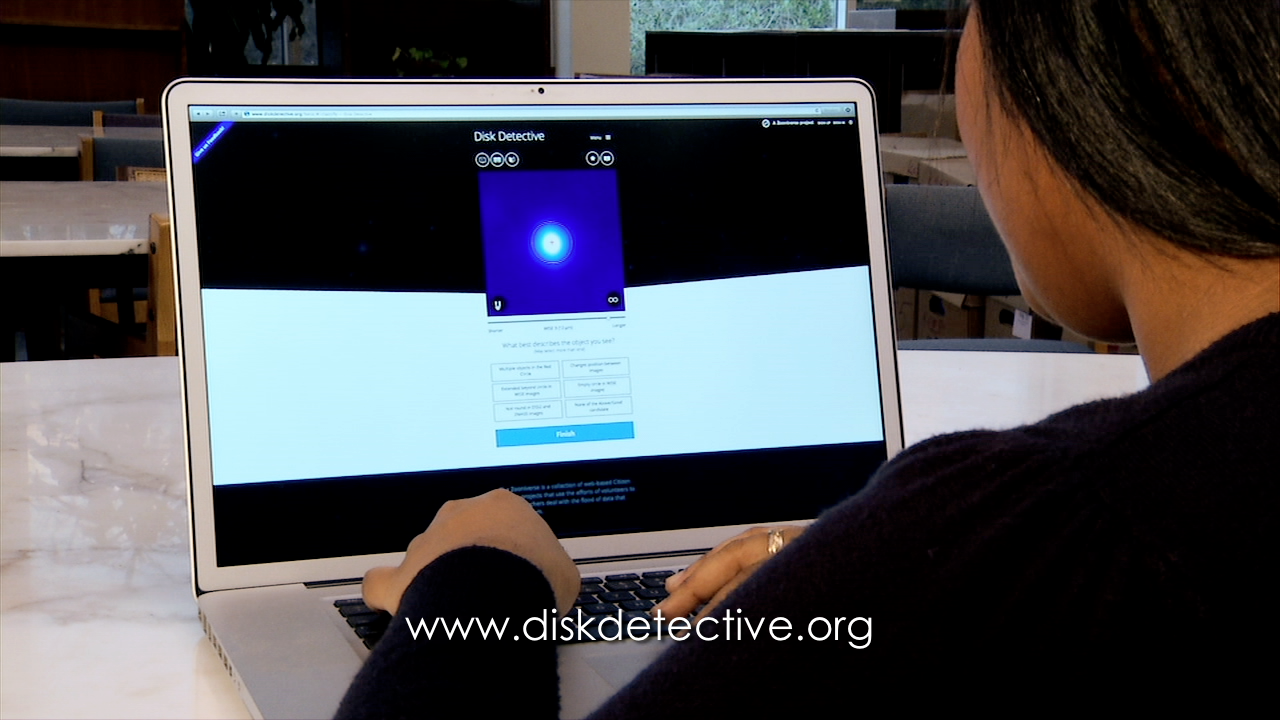Join the Search for New Nearby Worlds
Join the search for new worlds in the outer reaches of our solar system and in nearby interstellar space at Backyard Worlds: Planet 9.
Credit: NASA's Goddard Space Flight Center Conceptual Image Lab/Krystofer D.J. Kim
Music: "Novelty Act" from Killer Tracks
Watch this video on the NASA Goddard YouTube channel.
Complete transcript available.
A new website funded by NASA lets the public search for new worlds in the outer reaches of our solar system and in neighboring interstellar space. The website, called Backyard Worlds: Planet 9, allows everyone to participate in the search though brief movies made from images captured by NASA's Wide-field Infrared Survey Explorer (WISE) mission. The movies highlight sources that have gradually moved across the sky.
The new website uses WISE all-sky data to search for unknown objects in and beyond our own solar system. In 2016, astronomers at the California Institute of Technology showed that several distant solar system objects possessed orbital features indicating they were affected by the gravity of an as-yet-undetected planet, which the researchers nicknamed "Planet Nine." If Planet Nine exists and is as bright as some predictions, it could show up in WISE data.
The search also may discover more distant objects like brown dwarfs, sometimes called failed stars, in nearby interstellar space. These strange objects form like stars but evolve like planets, the coldest ones being much like Jupiter.
On the website, people around the world can work their way through millions of "flipbooks," which are brief animations showing how small patches of the sky changed over several years. Moving objects flagged by users will be prioritized by the science team for later follow-up observations by professional astronomers. Participants will share credit for their discoveries in any scientific publications that result from the project.

A previously cataloged brown dwarf named WISE 0855−0714 shows up as a moving orange dot (upper left) in this loop of WISE images spanning five years. By viewing movies like this, anyone can help discover more of these objects.
Credit: NASA/WISE

Animated gif from video.
Credit: NASA's Goddard Space Flight Center Conceptual Image Lab/Krystofer D.J. Kim

Animated gif from video.
Credit: NASA's Goddard Space Flight Center Conceptual Image Lab/Krystofer D.J. Kim

Still from video.
Credit: NASA's Goddard Space Flight Center Conceptual Image Lab/Krystofer D.J. Kim
For More Information
Credits
Please give credit for this item to:
NASA's Goddard Space Flight Center
However, individual items should be credited as indicated above.
-
Producer
- Scott Wiessinger (USRA)
-
Science writer
- Francis Reddy (Syneren Technologies)
-
Animator
- Krystofer Kim (USRA)
-
Scientist
- Marc Kuchner (NASA/GSFC)
-
Support
- Genna Duberstein (USRA)
Release date
This page was originally published on Wednesday, February 15, 2017.
This page was last updated on Wednesday, May 3, 2023 at 1:47 PM EDT.

